Dismissal of category 2 disability general illness
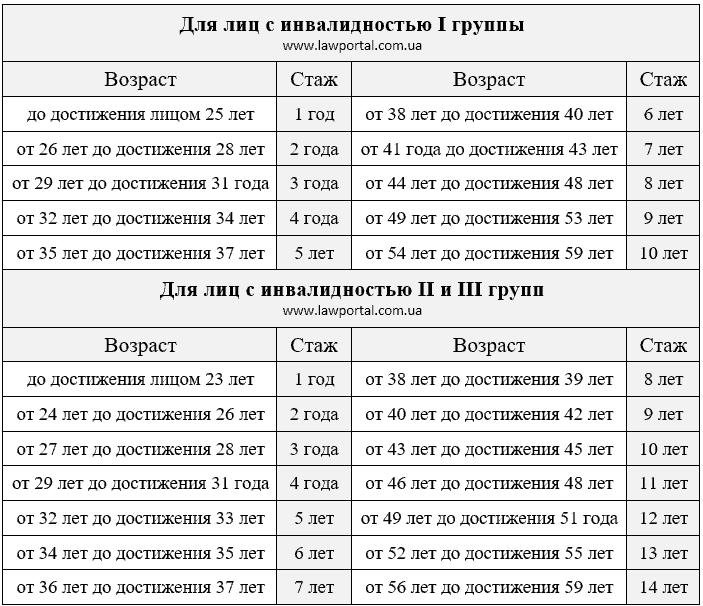
A disabled worker: benefits, dismissal, leave, IPR, hospital, in which cases such worker is to be dismissed and in which case can he continue to work? What can a disabled worker expect? Let's start by saying that a disabled person is a person who suffers from a health disorder with a permanent impairment of the function of the body, a violation due to illness, injury or defects, which results in a limitation of life and the need for social protection of the individual.
VIDEO ON THEME: 3rd Working Group on DisabilityDear readers, our articles talk about model ways of dealing with legal issues, but each case is unique.
If you want to know,How do you solve your problem - use the form of an online consultant on the right or call the phones on the website. It's quick and free!
Contents:
- Dismissal of category 2 disability general illness
- Dismissal of a disabled person
- Dismissal of a disabled person in 2 groups
- Labour rights of persons with disabilities
- Disabled staff member: Anything that an accountant and a human resource person need to know about guarantees and compensation
- Disabled employee: benefits, dismissal, leave, IRS, hospital
- Workers with disabilities
Dismissal of category 2 disability general illness
To ask a lawyer free of charge, any worker may suffer a loss of health, and no one is insured from it, and these problems may result in some degree of disability, sometimes leading to a forced interruption of a long-term job, and it is possible to dismiss a disabled person at his or her request or at the initiative of the employer, as well as at the agreement of the parties; disabled persons who have a third group are full-time workers who do not require special treatment.
The law and the State protect the rights of persons with disabilities: the Constitution of the Russian Federation, which states that everyone has the right to work according to his or her abilities and capabilities; the Labour Code.
When an employee is in hospital, he cannot be dismissed on any grounds; once he is discharged, doctors decide on his future employment.
Any manipulation must be documented so that it can then be submitted to the employer: the medical commissions' opinion on the assignment of the disability group; the certificate of a persons' incapacity for work; the rehabilitation programme, which takes into account the individual characteristics of the disease; depending on the injury to the workers' health; and the length of the period for which he or she is unable to work, is assigned to him or her: 1st disability group.
When a person loses his or her ability to work, he or she also needs help in order to continue his or her normal life, but this does not mean that such an employee should be dismissed immediately. If the nature of his or her work has nothing to do with the disease, he or she may continue to work.
For example, after a stroke, an employee's legs were completely broken, but he works in IT technology on a computer, and he doesn't need his legs to do it.
The worker requires long-term rehabilitation as well as additional devices and equipment to sustain his life.
A person may continue his or her employment if this does not affect his or her health and if this is provided for in his or her personal rehabilitation programme; group 3.
The loss of health has little impact on the work function and the rehabilitation process is less than four months old, and the third group of persons with disabilities do not have such benefits.
They are entitled to two days ' annual leave, as well as restrictions on night shifts or overtime; the procedure for dismissal of a disabled person is as follows: it is necessary to close the sick leave and hand it over to the employer; if the inability to work is significant and the employee is no longer able to perform his or her duties, the employment relationship is terminated on the basis of article 1. General grounds for the dismissal of the disabled person: if the disabled person wishes to do so; has not passed a certificate and has been given an opinion that he or she does not correspond to the position; the reduction of the employers' staff or the reduction of the number of employees; the disabled person has violated the labour regulations; the employer and the disabled have agreed on the terms of dismissal and signed the relevant agreement; the enterprise is dissolved.
If the disabled person wishes to resign, the employer has no right to prevent him or her, but the employee must notify him or her within two weeks by writing the application; when the disabled worker wishes to leave his or her employment, the following rules must be observed: a declaration must be made two weeks before the expected date of dismissal; for some categories of workers, a different period of time has been established; this period is referred to as work, although the law does not provide for such a term.
This period may be reduced by agreement between the parties; the manager is not entitled to retain his or her employee for more than 14 calendar days; neither the leave nor the illness shall be extended; on the day of dismissal, the employer must make a full payment to the employee, paying him or her salary, compensation for the leave and sometimes severance pay; then he or she must return to him or her a workbook containing all the necessary records, as well as issue an income certificate for the last two years and a certificate on the form 4-FSS of the social benefits paid.
The dismissal of a disabled person on the employers' initiative may result in the dismissal of a disabled person in the following circumstances: he/she does not correspond to the position he/she holds; this must be established by the evaluation commission; the employer ceases to operate; the employer reduces the staff or the number of his/her employees; and the disabled has taken a walk.
An act signed by the head of the structural unit, as well as two witnesses, must be drawn up, but the perpetrator remains entitled to provide written explanations; if the incident occurred for a valid reason, for example, the employee was in an accident and could not notify the employer, and there is documentary evidence that he could not be dismissed; the disabled person was in the workplace under the influence of alcohol, drugs or other toxicological intoxication.
This fact must be recorded by medical personnel; the disabled person systematically ignores his or her work obligations; this fact must also be documented; reorganization.
In order for the employer to be able to terminate the relationship with any employee, including a disabled person, he or she must have all the personnel documents properly processed; otherwise, the employee may challenge dismissal through the court, re-establish himself or herself in the workplace and demand compensation from the manager for forced absence, as well as moral damages.
The dismissal of a disabled person on the employers' initiative is no different from the dismissal of an ordinary healthy worker; termination by agreement between the parties, the employer and the employee with a disability may agree on the terms of termination of their honey relationship; a written agreement shall be drawn up to that effect, which shall be signed by both parties; all the nuances of future dismissal shall be indicated in the document: the amount of the termination indemnity if the parties have reached the agreement; the exact date of dismissal; and other nuances.
The agreement is signed in two copies: one remains with the employee and the other with the employer; the termination indemnity for a disabled person upon dismissal if the disabled person is dismissed on grounds such as downsizing or liquidation of the business, he is entitled to a termination indemnity of the amount provided for by law.
The employer shall pay compensation to his employees for two months on the basis of the average wage of the employee.
It is not tied to the average wage nor to the amount of the salary; it is possible to dismiss a disabled working group person on the following grounds: he does not agree to be transferred to another post because he can no longer be employed in the post he held prior to illness, for health reasons and medical reasons; he can no longer be placed in a position of absence.
Dismissal of a disabled person
What should the employer do, having obtained the opinion of the ICEIC Medical and Social Expert Commission on the conditions and nature of the work of an employee with disabilities?
The procedure for terminating an employees' employment contract in connection with his or her finding that he or she is totally incapable of working, in accordance with a medical report, must be proved, on this basis, that the employee is completely incapable of working, and this is confirmed by a medical report; the definition of the criterion of a persons' ability to work is contained in the classifications and criteria used in the medical and social examination of citizens by federal state medical and social institutions of citizens ' medical and social analysis by federal State medical and social institutions. The Ministry of Health and Social Developments' order from the Ministry of Health and Social Development of the Russian Federation, in accordance with that document, divides his or her ability to work into three degrees: 1.
Dismissal of a disabled person in 2 groups
If you ask a lawyer for a question, you can lose your health free of charge to any worker, and no one is insured from it, and if you do not have a disability, it can lead to a certain degree of disability. Sometimes a disability can lead to a forced interruption of a long-term job. You can dismiss a disabled person on his or her own initiative or at the initiative of the employer, as well as on the agreement of the parties. Persons with disabilities who have a group of three are full-time workers who do not require special treatment. The law and the State protect the rights of persons with disabilities: the Constitution of the Russian Federation states that every person has the right to work in accordance with his or her abilities and capabilities; the Labour Code. When an employee is in hospital, he or she cannot be dismissed on any grounds; once he or she is discharged, doctors must decide on his or her further employment; any manipulation must be documented so that they can then be presented to the employer: the medical commissions' opinion on the assignment of the disability group; the certificate on the loss of a persons' ability to work; a rehabilitation programme, which takes into account the individual characteristics of the disease.
Labour rights of persons with disabilities
How is the dismissal of a disabled person in Group 2? Dear readers! Our articles describe the model ways of resolving legal issues, but each case is unique. If you want to know how to solve your problem, you can use the form of an online consultant on the right or call the telephones on the website. This is quick and free! When you have obtained the employees' disability certificate, the employer is not entitled to dismiss him without having been informed of the persons' ability to continue working in the first place or of the need to provide him with special conditions for continuing to work.
The Act also establishes a number of safeguards for this category of workers and for the termination of the employment contract, and each employer must study them carefully to ensure that the requirements of the law are not violated; this article will find out whether a disabled person can be dismissed at the employers' initiative, how to do so and what documents are required in order to avoid conflict situations and problems with the labour inspectorate; however, there is an exception for cases where an employee has been disabled while working in your company, for example because of an accident or work injury.
Disabled staff member: Anything that an accountant and a human resource person need to know about guarantees and compensation
.
Take a look at this: 2 I'm a non-working disability group..
Disabled employee: benefits, dismissal, leave, IRS, hospital
.
.
Workers with disabilities
.
.
.
.
.
.




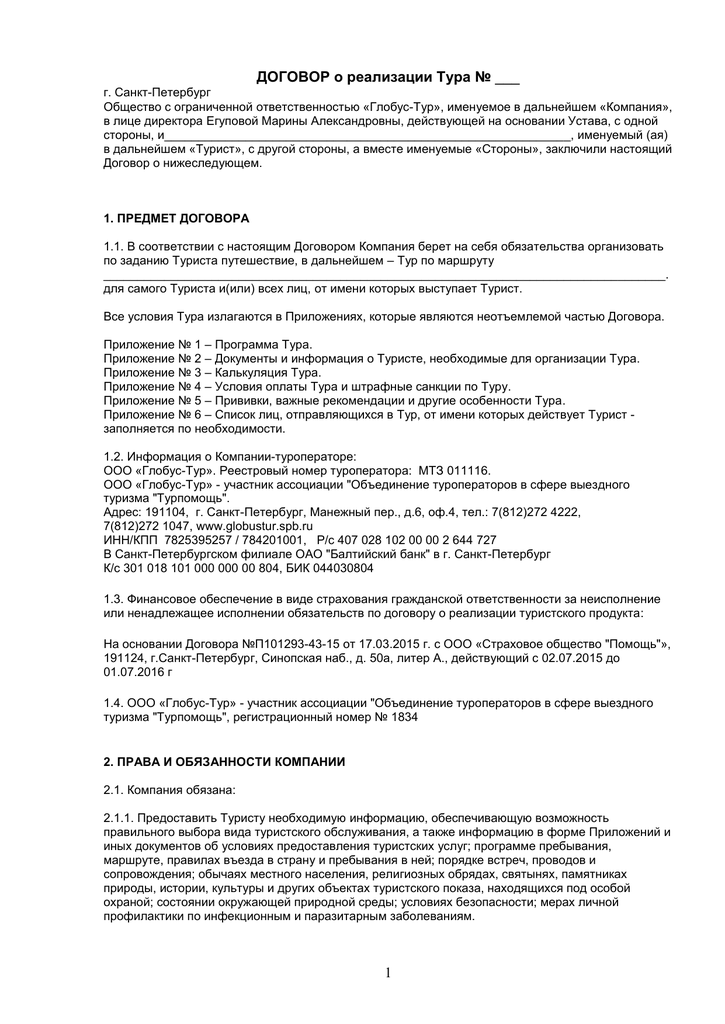


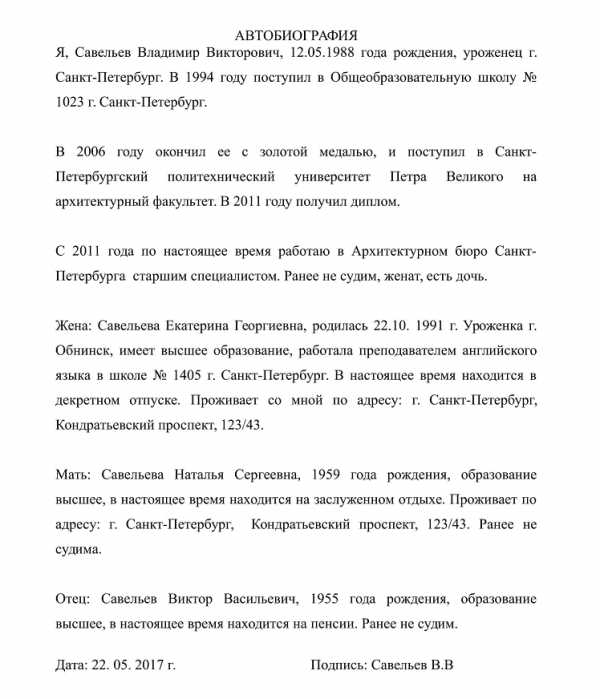
 2
2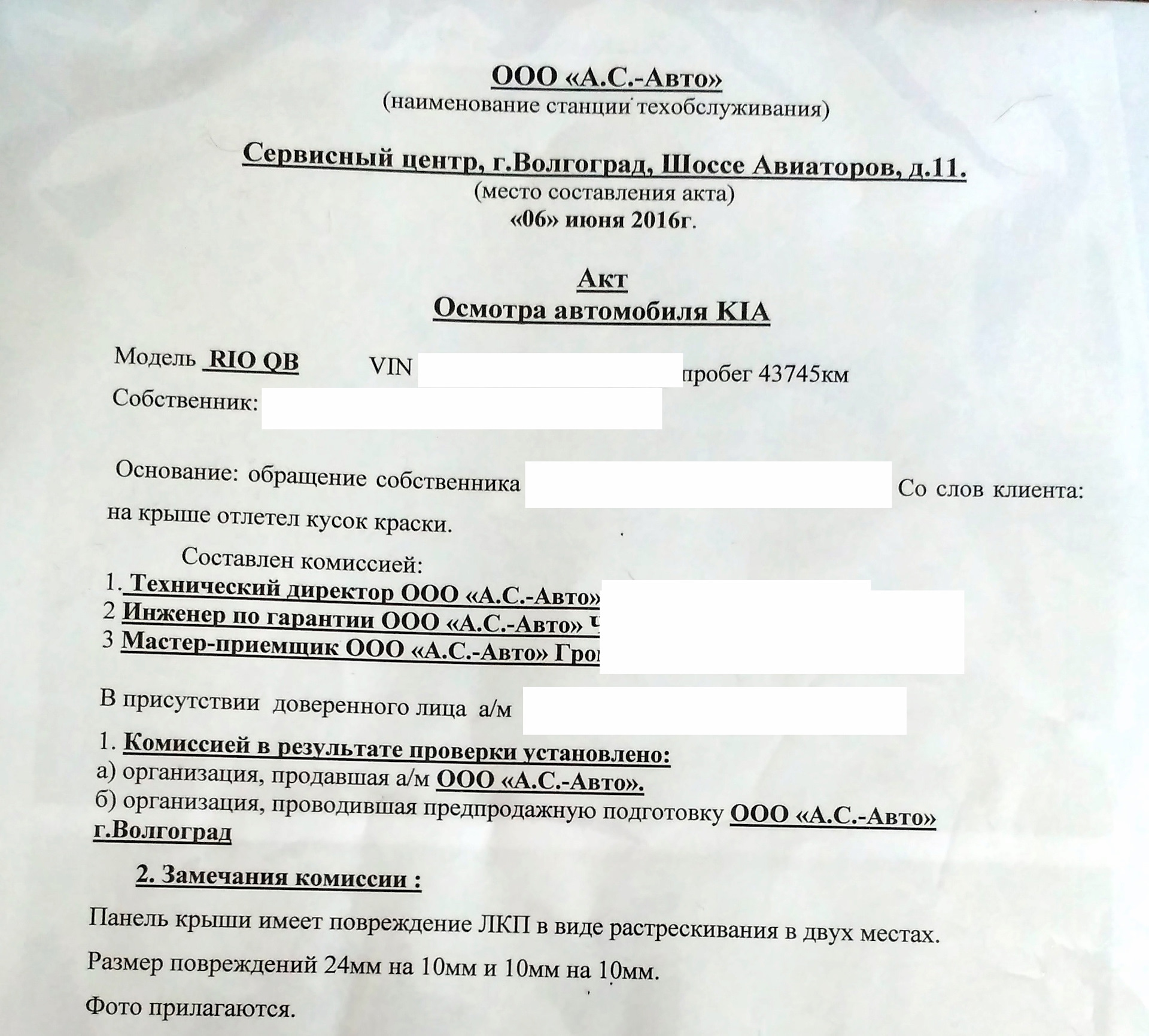

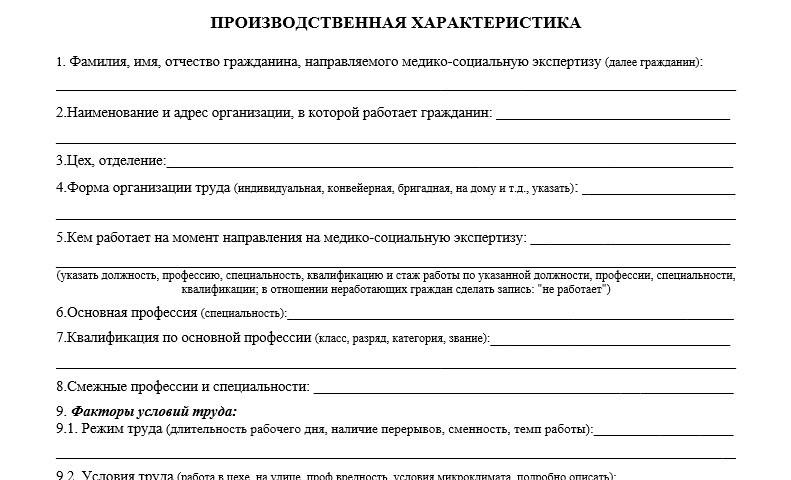





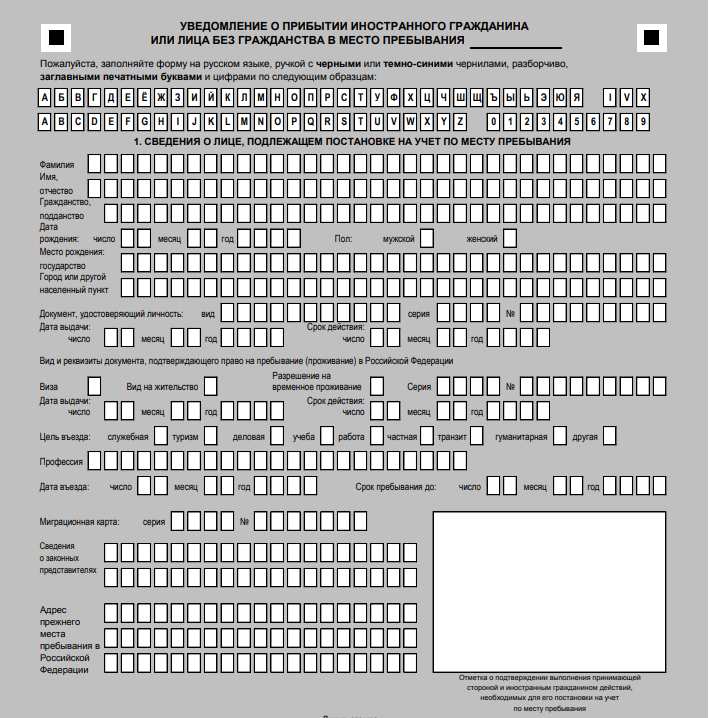

Author, aren't you from Moscow by any chance?
I hope you come to the right decision.
Tell me, how do you write such interesting texts?
Well, actually, a lot of what you're writing isn't exactly like that... oh, come on, it doesn't matter :)
Interesting website, but more articles need to be added.